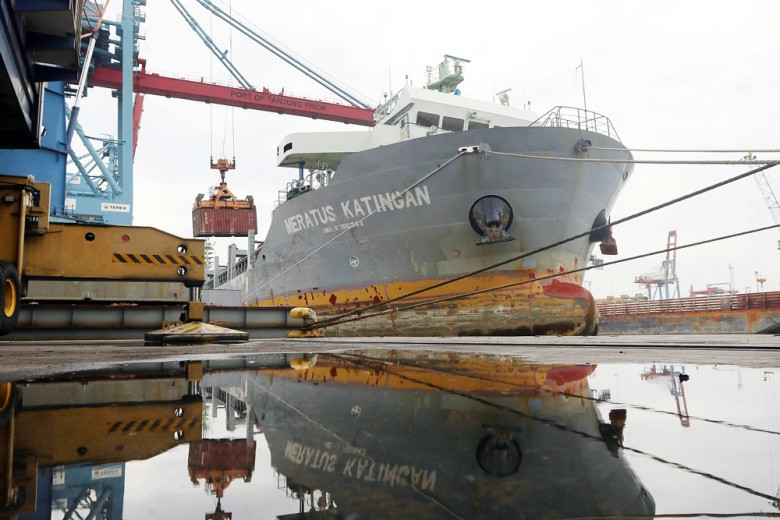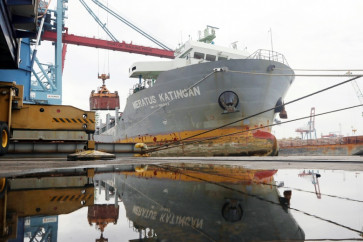Popular Reads
Top Results
Can't find what you're looking for?
View all search resultsPopular Reads
Top Results
Can't find what you're looking for?
View all search resultsBeyond Indonesian cabotage policies: Quo vadis?
When around 26 percent of Indonesia’s current account deficit is attributable to sea transportation and other costs associated with exporting, cabotage strategies should play a bigger role in our broader economic and trade policy discussions.
Change text size
Gift Premium Articles
to Anyone
A
s we scramble to contain the COVID-19 pandemic, the Indonesian shipping industry is facing a moment of truth with regard to the implementation of the “beyond cabotage” regulation. Cabotage laws insulate the domestic shipping industry from foreign competition to achieve safety, security and economic goals.
Indonesia is not alone in giving certain privileges to domestic shippers, shipbuilders and sailors. In the United States, The Jones Act of 1920 requires that all waterborne logistics between US ports be carried by ships flying the US flag, constructed in the US, owned by US citizens and crewed by US citizens or permanent residents. The Tariff and Customs Code of the Philippines (1937) made clear that all domestic transportation of goods and passengers follow cabotage principles; shippers must secure a coastwise license from the Maritime Industry Authority.
Indonesia first introduced cabotage policies based on Presidential Instruction No. 5/2005 on the basis of national sovereignty, reversing decades of opening the country’s waters to foreign-owned vessels because we simply did not have enough domestic vessels until then. By moving “beyond cabotage”, our laws are prioritizing domestic vessels in shipping our coal and crude palm oil (CPO) exports. According to Bank Indonesia statistics, the combined export value of these strategic commodities was reported at US$36.3 billion, or about 23 percent of Indonesia’s total export in 2019.
So how has the beyond-cabotage policy evolved?


















